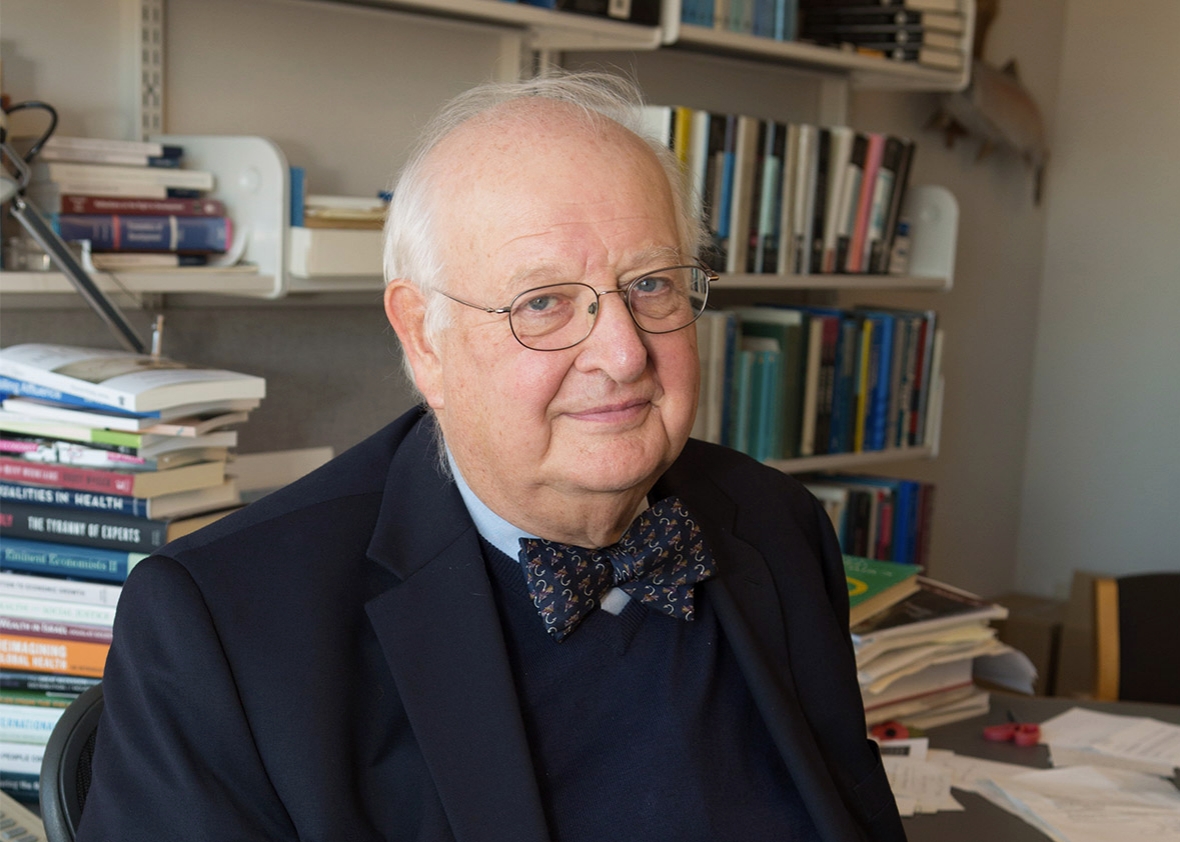Does money bring happiness? Nobel-winning economist weighs in

NEW YORK— Money brings happiness, but only up to a certain income level: That is, among other things, the knowledge that the world owes to Scottish-American economist Angus Deaton, who won the 2015 Nobel Prize for economic sciences on Monday.
Deaton, 69, whose work focuses on exploring the interrelation of consumption, poverty and welfare, is a researcher and teacher at Princeton University.
His research has showed that poverty makes people unhappy and dissatisfied, according to a publication from 2010.
He has also focused on India, a developing country, to find out how poverty can be summed up and measured scientifically.
Currently, his research on the role of happiness measures on policy is under review, according to his curriculum vitae.
Deaton was born on Oct. 19, 1945, in the Scottish capital, Edinburgh, even though his Scottish accent is hardly detectable today.
He and his sister were the first ones in his family to attend university. He holds British and U.S. citizenship and has two grown children.
Deaton first taught at Princeton as a visiting professor in 1979-1980. He returned to the university in 1983 and has taught in the prestigious Woodrow Wilson School and Department of Economics since.
Before Princeton, he worked as a professor at the University of Bristol. He completed his education at Cambridge University, where he earned a doctorate in 1974. In 2009, he was elected as president of the American Economic Association.
(c)2015 Deutsche Presse-Agentur GmbH (Hamburg, Germany)
Visit Deutsche Presse-Agentur GmbH (Hamburg, Germany) at www.dpa.de/English.82.0.html